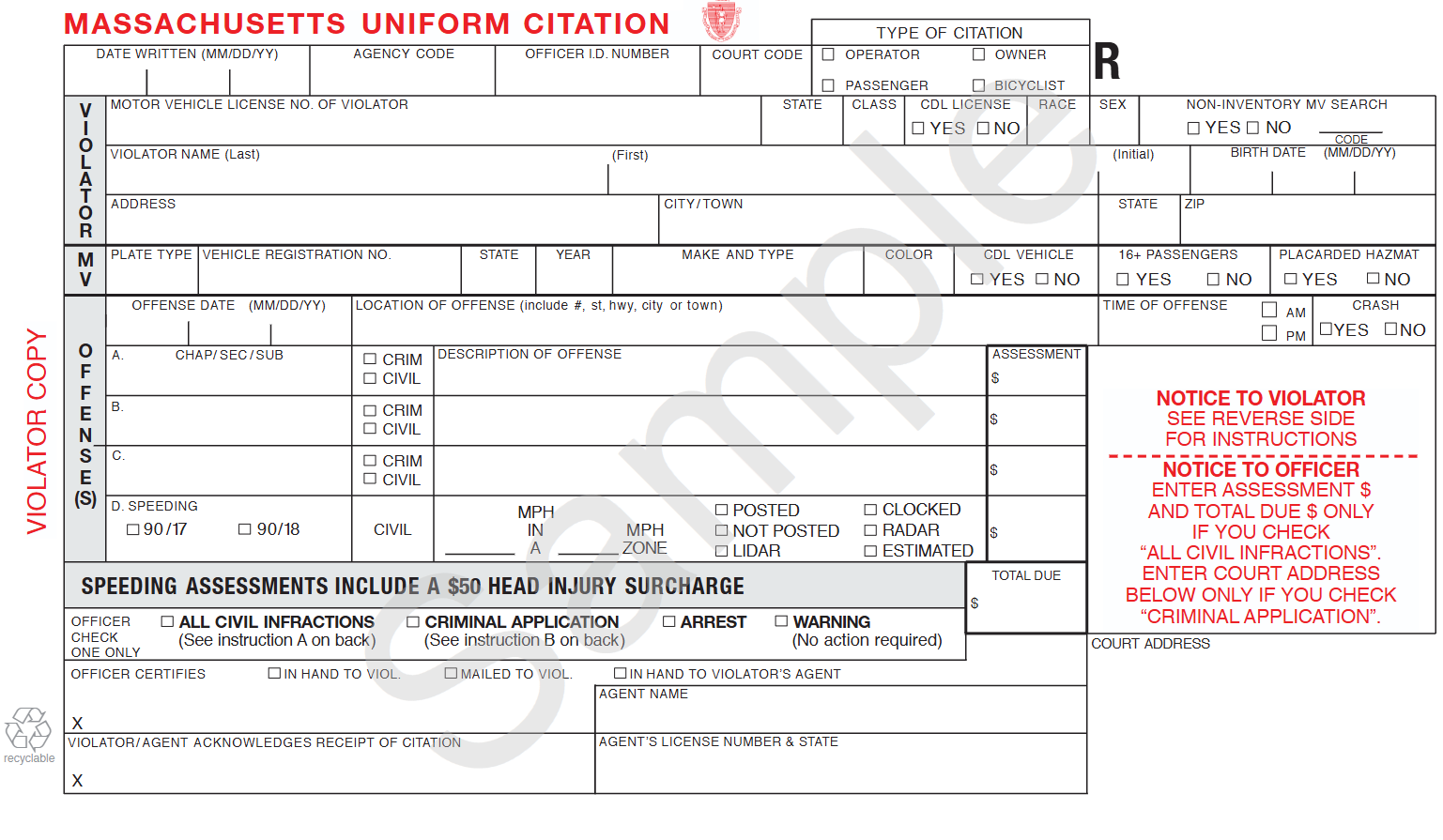In Massachusetts, a felony is defined as any crime that carries with it a possibility of a sentence to state prison. Misdemeanor offenses on the other hand, are crimes that can only be punished with fines or sentences to the jail or house of corrections.
The Massachusetts court system is set up so that crimes can be prosecuted either in what is called the Superior Court, or in the lower courts, such as the District Courts or the Boston Municipal Courts.
The Superior Court has jurisdiction over any offense. However, the Superior Court only has jurisdiction over charges that have been indicted by a Grand Jury, or that have been “bound-over” by a lower court. In practice, bind-over hearings are exceedingly rare, and most cases only proceed in Superior Court by way of indictment.
The District and Municipal Courts only have jurisdiction over misdemeanor offenses, and certain felonies that are defined by statute. Additionally, neither the District Courts nor the Boston Municipal Court has authority to sentence a person to the state prison.
So why does this matter?
The result of this system is that there are many felonies that can only be prosecuted in the Superior Court. These offenses are called “Superior Court only” or “Bind-over” felonies. Often people will be charged in the same instance with Bind-over felonies and other felony or misdemeanor charges at the same time.
Because indictment can take some time, a person arrested on these kinds of charges will still be arraigned in the District or Boston Municipal Courts, for a determination of things such as bail, or appointment of a lawyer. However after that initial hearing, the lower court will have little ability to make decisions or hold a trial on these kinds of charges.
The result can often be people waiting for long periods of time, sometimes in jail, for an indictment to be returned, or alternatively, for the District Attorney’s Office to decide to reduce or dismiss a “Bind-over” charge.
Example
A person may be charged at the same time with carrying a firearm without a license, and possession of a high capacity feeding device (a magazine that carries more than 10 bullets). Carrying a firearm is felony that can be prosecuted in the District Courts, but possession of a high capacity feeding device is a Bind-over felony.
This person will have to wait either to be indicted and have their case moved to Superior Court, or to have the high capacity feeding device charge reduced or dismissed.
What can be done?
First of all, it is important to make sure that you have an attorney who has experience trying cases in both District Courts and the Superior Court, and can be prepared for any possibility.
A knowledgeable lawyer can also advocate for relief such as bail reductions, or even dismissal of a Bind-over felony if the District Attorney is taking too long to indict a case. Otherwise, people could be waiting in limbo for months waiting for this to happen. A lawyer can also negotiate with the prosecutor prior to indictment to see if there is any favorable resolution to a case without indictment.
Finally, an experienced lawyer can review charges to make sure you are aware of the penalties and the nature of any charges you or a loved one is facing. A client-oriented approach is essential to ensure that there is effective communication and advice about what is happening with your case.







